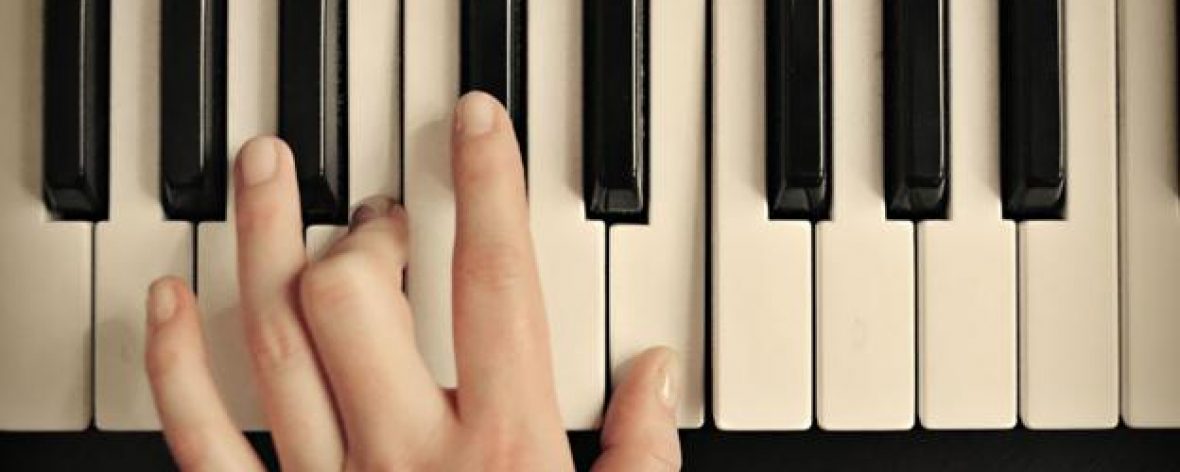I am reblogging this post from pianist Melanie Spanswick’s ClassicalMel blog as it contains some very helpful advice for anyone preparing for a performance (or exam), whether amateur or professional.
 Over the past few days I have had several requests from readers for a blog post dealing with stress and nerves associated with performance. I have written on this subject before but there is always plenty to write about.
Over the past few days I have had several requests from readers for a blog post dealing with stress and nerves associated with performance. I have written on this subject before but there is always plenty to write about.
Nerves can a big problem for many musicians; it really doesn’t matter whether pianists (or any instrumentalists for that matter) are amateur or professional. Sometimes professionals can get even more nervous because so much depends on the quality of their performances. I have frequently suffered from nerves during my career as a pianist so here are a few tips to implement in your daily practice regime to help combat this problem.
- Before feeling comfortable in front of an audience, you really need to know the piece or pieces that you are going to play inside out – literally. Practise them every day (both slowly and up to speed) and then make sure you play them through to yourself at least once at the end of the practise session. Whilst doing this don’t stop to correct mistakes – just keep going as though you are already playing to an audience. This will help you become accustomed to ‘giving a performance’.
- Once you have done the above, try to ‘talk’ yourself through your piece. We all have a little voice in our head that is often very uncooperative under pressure. Tame this voice! Tell yourself that you already play your piece very well and nothing is going to stop you sharing it with your audience. This technique can be amazingly effective. I have used it many times as you can probably tell.
- It can be useful to locate different points in the music (this is especially important if you play from memory) where you can ‘regroup’ in your head. It might be a favourite section or passage. It really doesn’t matter where or what it is in the score but thinking about it or acknowledging it at a certain point (or points) can give amazing confidence. I don’t know how that works but it does so try it!
- Cultivate the practice of ‘thinking’ under pressure; the ability to ignore your audience to a degree and concentrate fully on the music. This is why it’s so important to love what you are playing and lose yourself in the music. Points 2 & 3 will help with this but you can also focus on what you particularly enjoy about your piece. List all the elements or features that you love and then mark them on the score (your music). Again, this will keep your mind occupied during your performance; more time focused on the music is less time worrying about your audience and potential mistakes.
- One of the most effective ways of learning to perform is to arrange a little piano group (if the piano is your instrument). Even if you are taking Grades 1 or 2, you can still find a few others who are a similar level to yourself and play to them – preferably once a week. You may be able to persuade your teacher to arrange a group for you. After a few (probably wobbly) sessions you will gradually become much more confident. It may even cure your nerves completely.
One other point that I feel is important and often ignored; never play pieces that are too difficult for you at your present level. This will merely make you miserable when faced with the huge and stressful task of performing them. Pick easier works so you play them well and with confidence.
If you are taking a music exam or planning a public performance don’t leave it too late to prepare – if you leave it to the day of your performance you may be very nervous indeed and will not play your best. My book, So you want to play the piano? has many helpful hints about performing and is especially designed for beginners. It will be available as an ebook soon.
